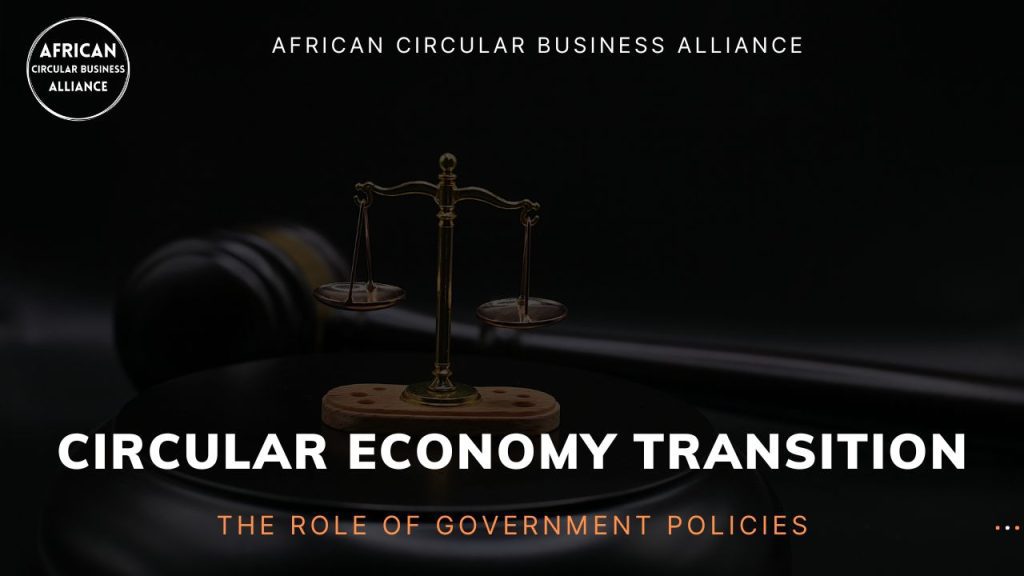
The Circular Economy is a new economic model that aims to reduce waste, conserve resources, and promote sustainable development. This approach is gaining attention worldwide, as governments and businesses recognize the urgent need to address the environmental and social challenges of our current linear economic model. To promote the Circular Economy, governments must play a central role in creating policies and frameworks that incentivize sustainable practices and discourage wasteful behaviours.
Here are some ways in which government policies can support the transition to a Circular Economy in Africa:
- Enforce regulations and standards: Governments can set regulations and standards that encourage sustainable practices and prevent waste. For example, regulations can require businesses to use eco-design principles, to ensure that products are designed to be easily recycled or reused. Standards can ensure that products meet environmental and social criteria, such as energy efficiency, resource efficiency, and fair labour practices.
- Provide financial incentives: Governments can offer financial incentives to businesses and consumers that adopt circular practices. For example, tax breaks, subsidies, and grants can be provided to businesses that invest in circular infrastructure or adopt circular business models. Financial incentives can also be provided to consumers who choose circular products or services, such as repair services or products made from recycled materials.
- Encourage collaboration and innovation: Governments can facilitate collaboration between different stakeholders, such as businesses, academia, and civil society, to promote innovation and knowledge-sharing. For example, innovation hubs can be created to support research and development of circular solutions. Additionally, governments can support public-private partnerships that promote circular practices, such as waste reduction or product redesign.
- Promote awareness and education: Governments can raise awareness and educate the public about the benefits of circular practices, as well as the costs of unsustainable behaviours. For example, campaigns can be launched to encourage consumers to reduce, reuse, and recycle, and to make informed choices about the products they purchase. Educational programs can also be provided to businesses and public institutions to promote circular thinking and practices.
- Implement circular procurement: Governments can use their purchasing power to promote circular practices by procuring goods and services that meet circular criteria, such as recycled content or eco-design. By adopting circular procurement, governments can incentivize businesses to adopt circular practices and promote a circular economy.
In conclusion, the Circular Economy is a promising model for promoting sustainable development and addressing environmental and social challenges. To support this transition, governments must play a central role in creating policies and frameworks that incentivize sustainable practices, discourage wasteful behaviours, and promote circular thinking. By working together with businesses, civil society, and academia, governments can create a more sustainable future for all.
